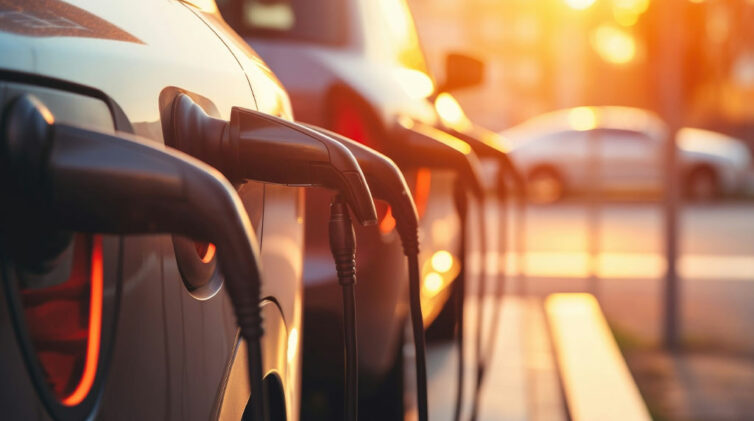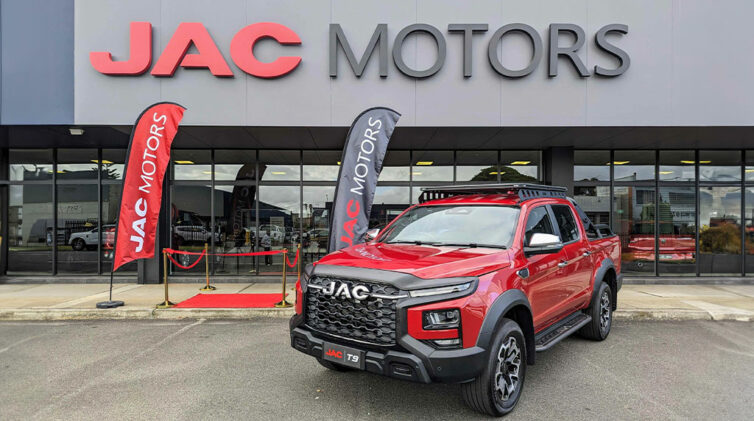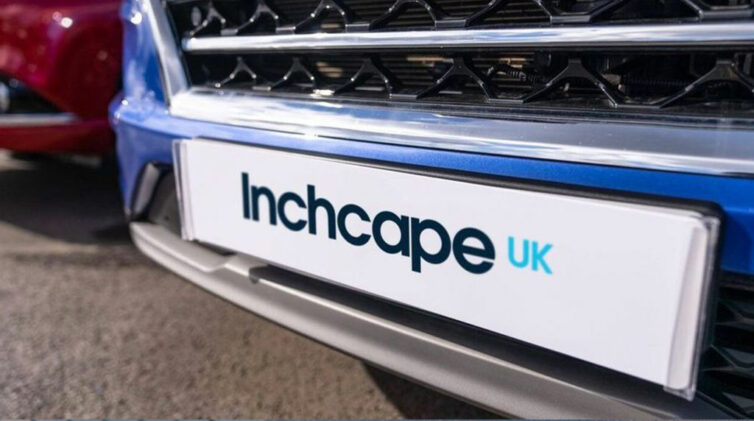The plant, built around the abundant deposits of lithium in Argentina, is expected to be producing in September using lithium carbonate extracted and processed from its local mines.
The builder of the plant is state-owned YPF, a 101-year-old state enterprise that started as the world’s first socialist oil company outside of Russia. It is involved in oil and gas exploration and production, and the transportation, refining, and marketing of gas and petroleum products.
YPF will source Argentine lithium mined by US mining company Livent Corporation.
Argentina is part of South America’s lithium triangle, along with Chile and Bolivia, and is estimated to have the world’s fourth largest lithium reserves.
Chile and Australia have the biggest reserves, with Australia supplying one-third of world demand and 75 per cent of production going to China.
YPF’s technology arm, Y-TEC, said the plant was originally scheduled to begin production last year but was delayed because it has not confirmed buyers for the batteries or the applications in which they would be used.
Numerous domestic and international mining companies have lithium extraction projects under way in Argentina, including China’s Ganfeng Lithium, Livent, Lithium Americas and Lithium South Development.
Argentina’s mining minister Fernanda Avila said she hoped the new battery plant would be an example for others to follow, adding “the development of the supply around mining activity is a priority for our government”.
In 2020, Recharge Industries announced that global consultancy firm Accenture would become its engineering provider to build Australia’s first large-scale lithium-ion battery cell production facility in Geelong focusing on the EV market.
Recharge said at the time that it estimated the factory would have a 2 gigawatt hour (GWh) a year production rate by the end of 2024, rising to 6GWh in 2026 then scaling to an annual production capacity of 30GWh. However, Recharge’s attention seems to have been diverted to a proposed Britishvolt battery plant planned for England.
Concurrently, the Queensland government in January released a discussion paper produced by Accenture titled ‘Battery industry opportunities for Queensland’ which estimated that annual global demand for batteries will reach 2045GWh in 2030.
The paper said that in seven years, the total market will be worth $A190 billion comprising $A144 billion for commercial and passenger electric vehicles, $16 billion for off-grid stationary storage and $17 billion for grid-connected storage systems.
The growth in the grid-connected battery market is estimated to be 37 per cent per annum up to 2030.
The discussion paper showed that Australia already supplies 50 per cent of the world’s battery minerals by value.
It said that positioning, refining, processing, and even manufacturing closer to the source of raw minerals reduced excess freight costs that are associated with transporting heavier unprocessed resources.
However, the paper says that in the medium term there are limited opportunities to supply the EV market because of existing strong competition from local battery producers in EV manufacturing countries.
The paper suggested that for Queensland the main opportunities are in the stationary storage market.
By Neil Dowling














 Read More: Related articles
Read More: Related articles

